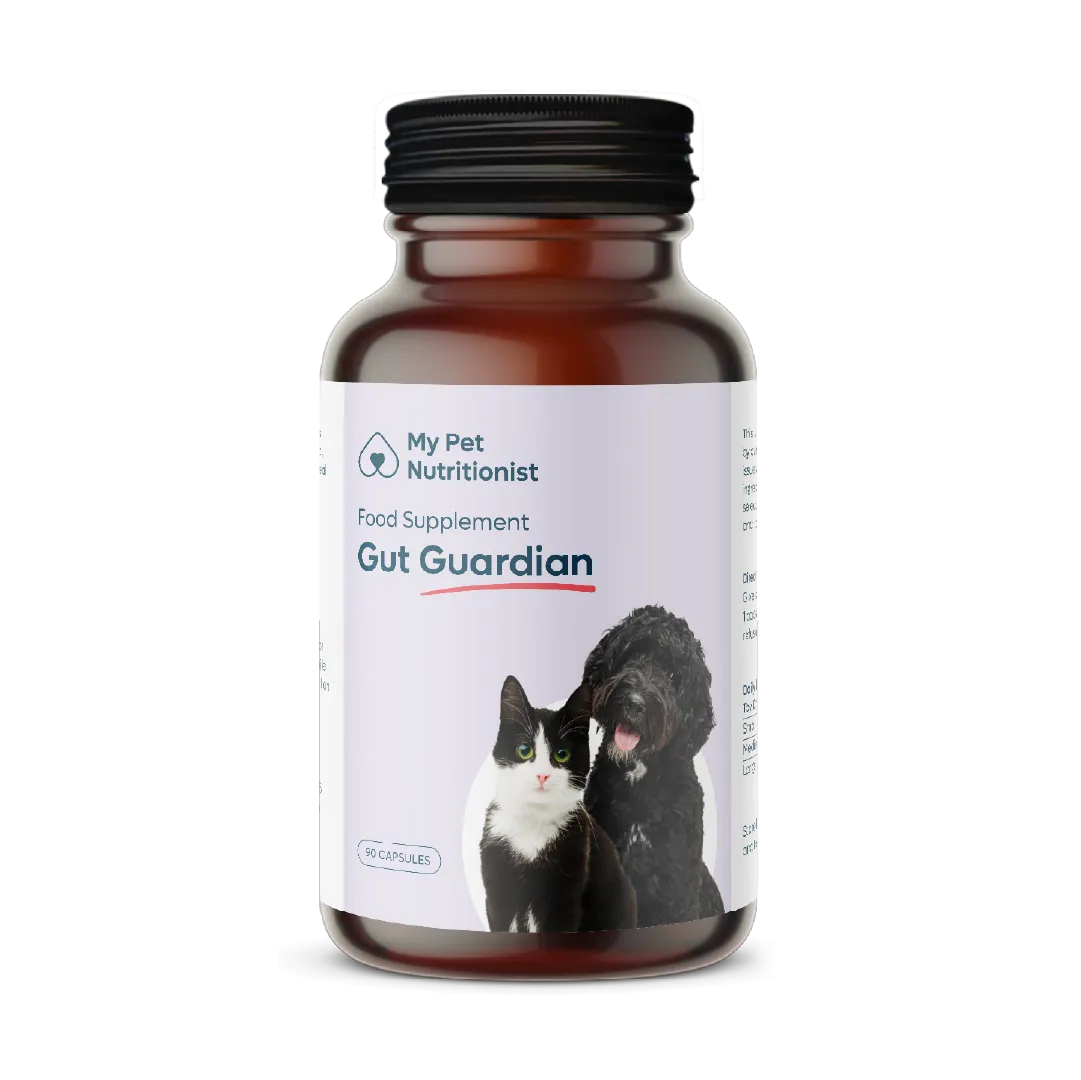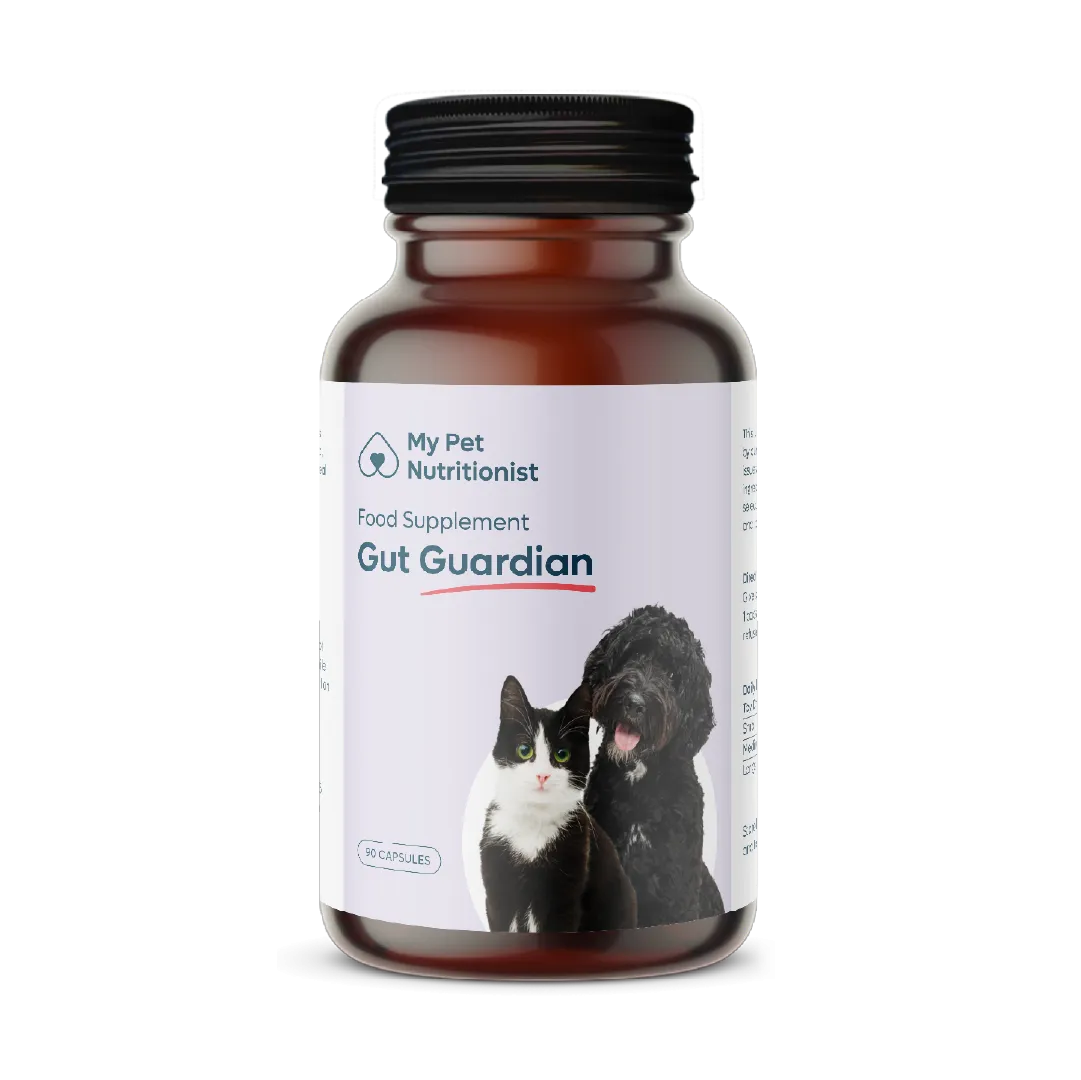Acid reflux in dogs, also known as gastroesophageal reflux disease (GERD), is a frequent concern for pet owners seeking better digestive health solutions. Many dogs experience discomfort from stomach contents flowing back into the esophagus, often linked to allergies, brachycephalic obstructive airway syndrome (BOAS), or other underlying issues. This guide explores effective management strategies through targeted diet changes and supplements, helping your dog achieve relief and improved well-being.
Understanding Acid Reflux in Dogs
When a dog eats, the stomach produces a mixture of acid, salts, bile, and partially digested food called chyme. In cases of acid reflux in dogs, this chyme refluxes into the esophagus, causing irritation and inflammation. While not immediately life-threatening, repeated episodes can lead to esophageal ulcers or even aspiration pneumonia if stomach contents enter the lungs.
Contrary to popular belief, acid reflux in dogs is often triggered by low stomach acid rather than excess. Insufficient acid slows digestion, allowing food to linger in the stomach, ferment, produce gas, and increase reflux risk. Proton pump inhibitors, commonly prescribed for high acid levels, may worsen the issue by further reducing acid production. For deeper insights, resources like specialized pet nutrition blogs offer valuable natural management tips.
Recognizing Symptoms of Acid Reflux in Dogs
Early detection of acid reflux in dogs is crucial for timely intervention. Common signs include:
- Bad breath or halitosis
- Frequent burping, regurgitation, or vomiting
- Stomach tenderness, often shown by a bowed stance
- Constipation or diarrhea
- Reduced appetite and lethargy
- Wheezing, dry coughing, or respiratory distress
- Unexplained weight loss
These symptoms can overlap with other conditions, so consulting a veterinarian is essential to rule out allergies or gastrointestinal disorders. Owners often notice patterns after meals, highlighting the need for dietary adjustments.
 Gut Guardian supplement packaging for dog digestive health
Gut Guardian supplement packaging for dog digestive health
Dietary Strategies for Managing Acid Reflux in Dogs
Diet plays a pivotal role in controlling acid reflux in dogs. Avoid processed kibble, which is highly inflammatory and depletes stomach acid further. Opt for fresh, balanced meals—either lightly cooked or raw, though many affected dogs tolerate cooked food better due to faster digestion and reduced gas buildup.
Key recommendations include:
- Balanced Recipes: Use vet-approved, nutritionally complete recipes emphasizing lean proteins like white fish over fatty meats, which exacerbate poor digestion.
- Elimination Diets: Identify allergies by removing potential trigger proteins systematically. Professional guidance ensures safety and accuracy.
- High-Fiber Foods: Insoluble fiber boosts stomach motility. Incorporate broccoli, leafy greens, cauliflower, carrots, and berries to prevent chyme stagnation.
Nutritional deficiencies, such as zinc shortages, can weaken the stomach lining and worsen reflux—common in dogs with restricted diets or post-bariatric-like conditions in humans. A varied diet with diverse proteins and plants helps prevent this. Studies support fiber’s role in gut motility (NCBI source) and zinc’s protective effects (NCBI source; ScienceDirect source).
Addressing gut health from allergies also curbs reflux triggers. Fresh feeding supports microbiome balance, reducing inflammation over time.
Essential Supplements for Acid Reflux in Dogs
Supplements targeting gut repair and digestion offer targeted relief for acid reflux in dogs. Prioritize those enhancing mucosal protection, microbial balance, and enzymatic function.
Mucilage Herbs
Slippery elm, marshmallow root, and deglycyrrhizinated licorice root form a soothing coating over the esophagus and gut lining, promoting healing from irritation.
Probiotics
These foster a thriving gut microbiome, improving food breakdown and minimizing fermentation. Research highlights their efficacy in digestive disorders (MDPI source).
Digestive Enzymes
Pepsin and trypsin address enzyme deficiencies, preventing undigested food from lingering. This is critical for dogs with sluggish digestion (SciELO source).
Additional Supports
- Rhodiola: An adaptogen aiding stress response from chronic reflux (ScienceDirect source).
- Theanine: Boosts GABA to prevent sphincter relaxation and flare-ups (NCBI source).
Products like Gut Guardian, blending probiotics and mucilage herbs, provide comprehensive support crafted by nutritionists and vets.
 Gut Guardian supplement packaging supporting gut health in dogs
Gut Guardian supplement packaging supporting gut health in dogs
Conclusion: Steps to Relieve Your Dog’s Acid Reflux
Managing acid reflux in dogs requires a holistic approach: symptom monitoring, fresh balanced diets rich in fiber and lean proteins, allergy elimination, and gut-focused supplements. These steps address root causes like low stomach acid and poor motility, fostering long-term digestive health. Always partner with a veterinarian or pet nutritionist for personalized plans, especially during elimination diets or supplement introductions.
For tailored advice, consider professional consultations to optimize your dog’s recovery. Your proactive care can significantly enhance their quality of life—start with small dietary tweaks today.
References
- NCBI: Fiber and Gut Motility
- NCBI: Zinc and Stomach Protection
- ScienceDirect: Zinc Deficiency
- MDPI: Probiotics in Digestion
- SciELO: Digestive Enzymes
- ScienceDirect: Rhodiola Benefits
- NCBI: Theanine and GERD
This article draws from veterinary nutrition expertise and peer-reviewed studies to ensure accuracy and helpfulness for dog owners.
